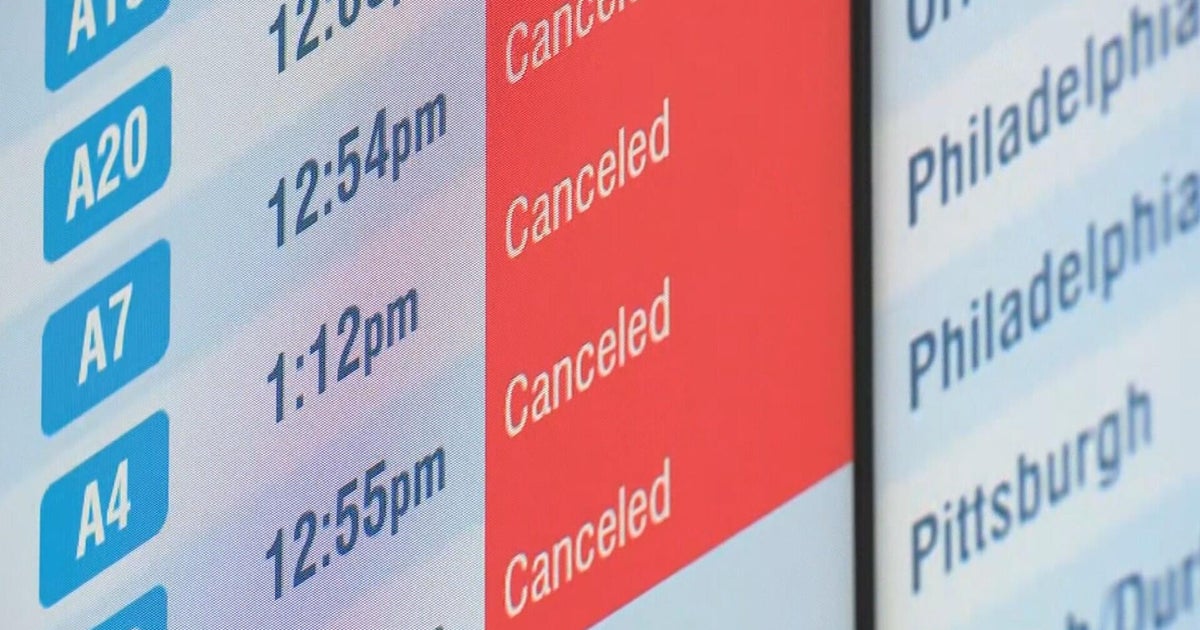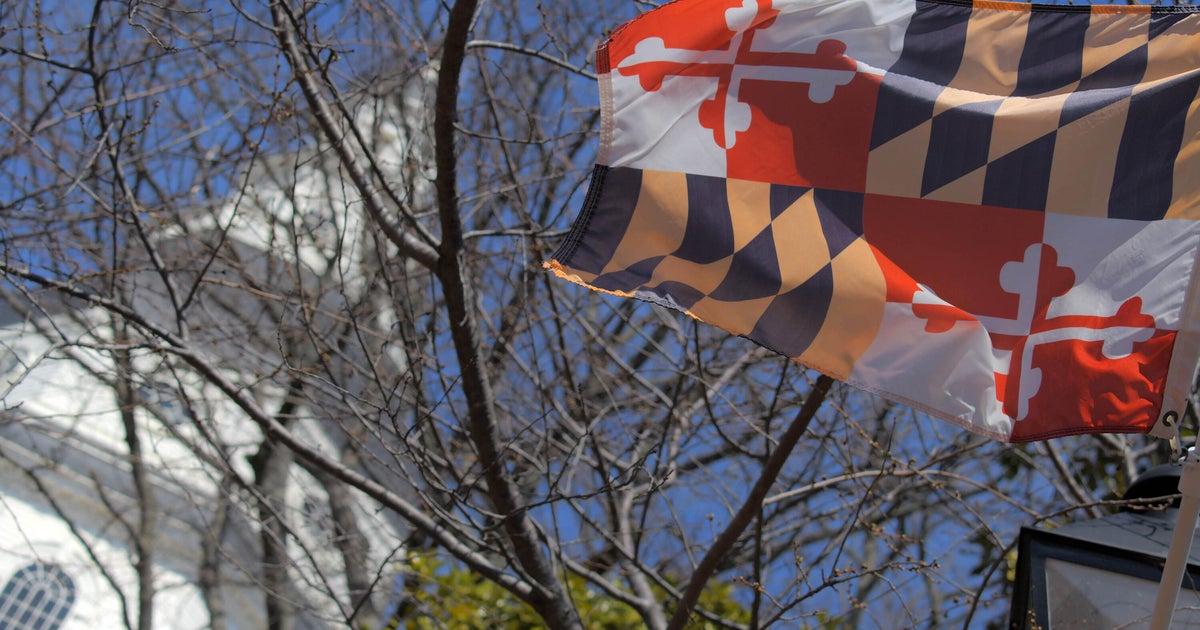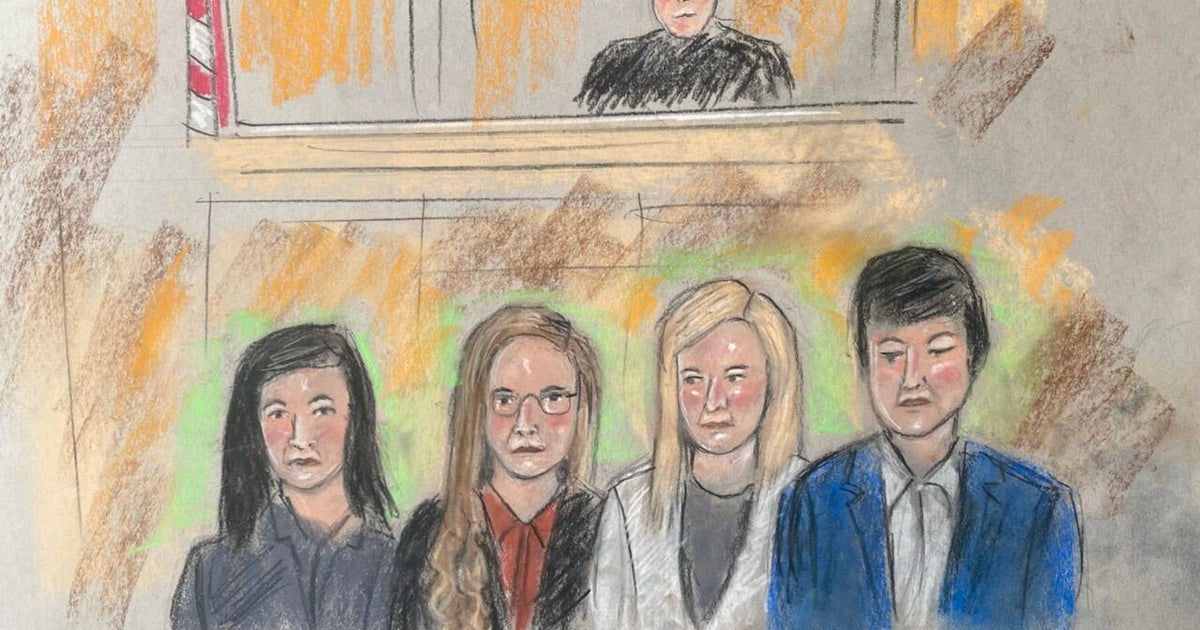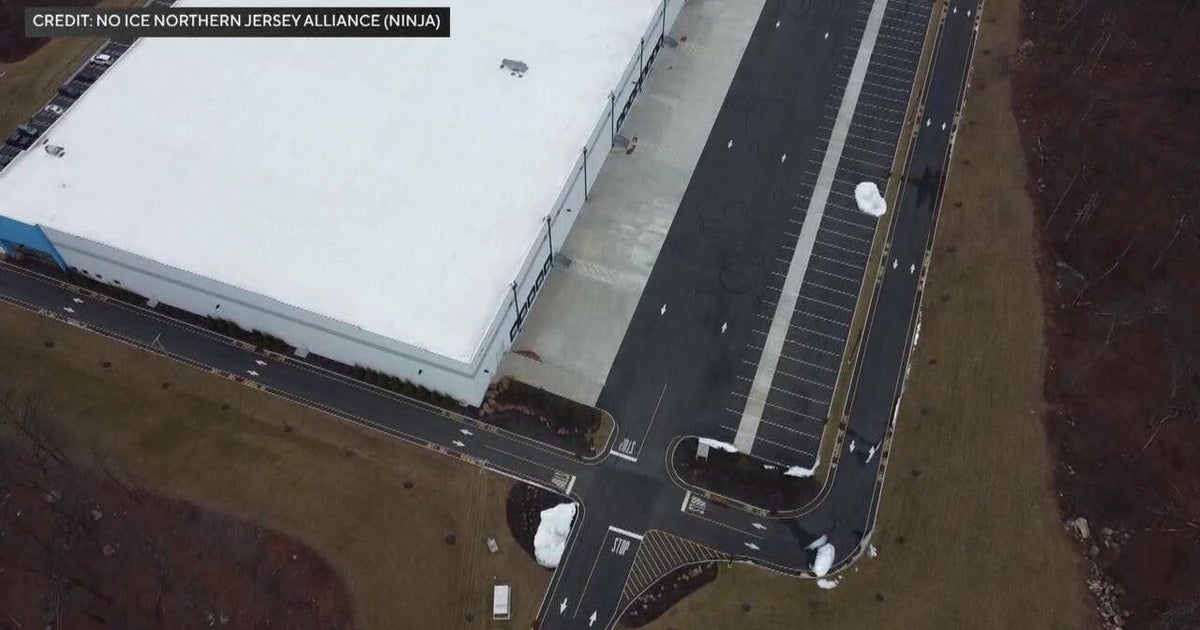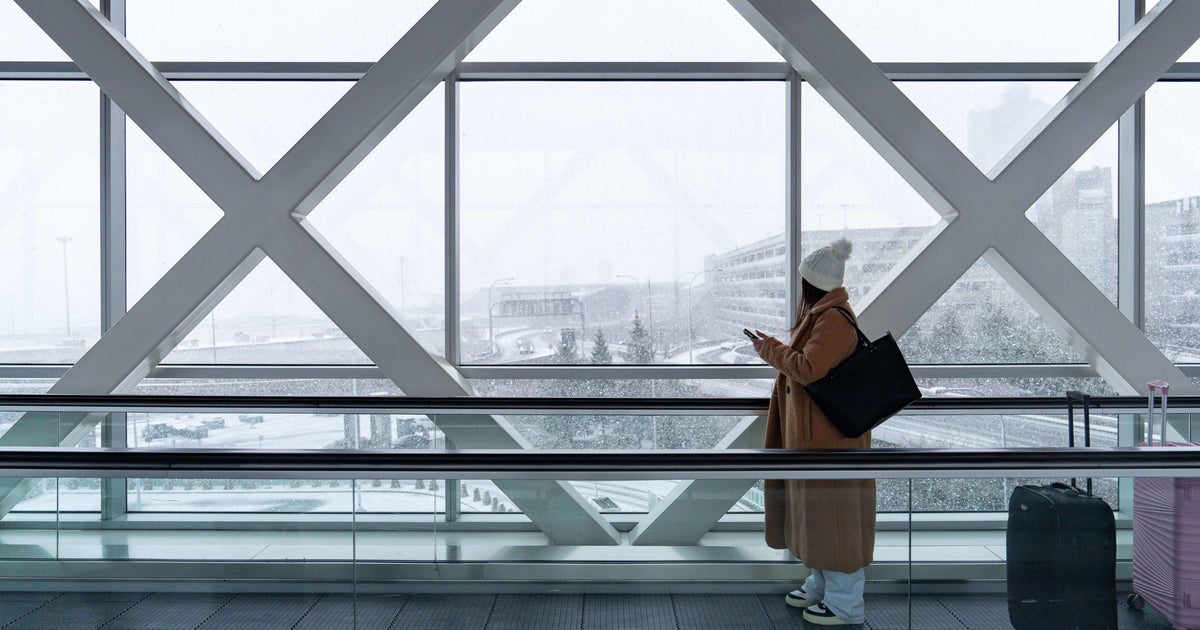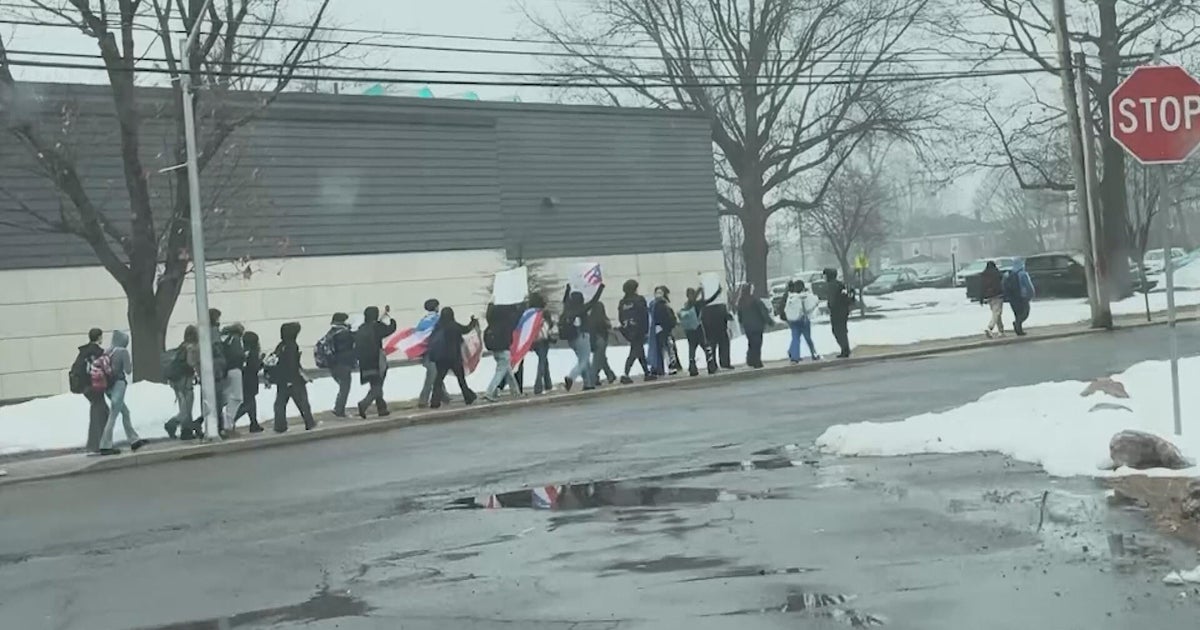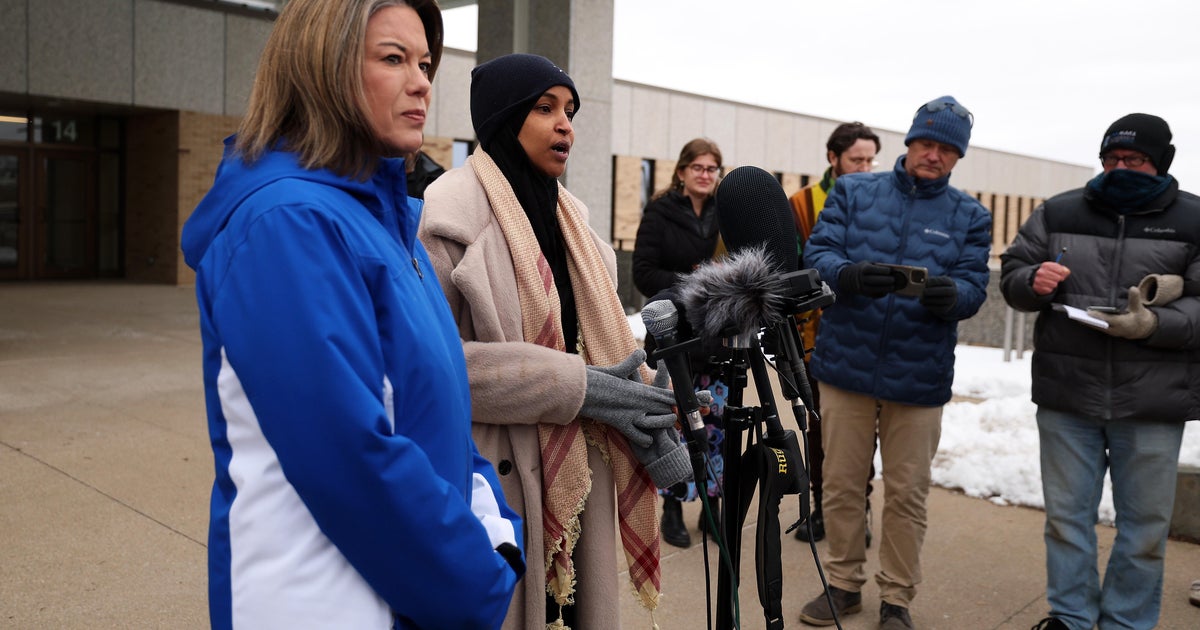Boston Mayor, Mass. Colleges Protest Student Immigration Policy, International Students Wonder What's Next
BOSTON (CBS/AP) — International students worried about a new immigration policy that could potentially cost them their visas say they feel stuck between being unnecessarily exposed during the coronavirus pandemic and being able to finish their studies in America.
Students from countries as diverse as India, China and Brazil told The Associated Press they are scrambling to devise plans after federal immigration authorities notified colleges this week that international students must leave the U.S. or transfer to another college if their schools operate entirely online this fall.
Harvard University and the Massachusetts Institute of Technology filed a lawsuit this week to block the decision, and now California and Washington state are seeking injunctions against enforcing the new visa policy.
Trump specifically called out Harvard University for its decision to hold instruction online for the fall term.
Meanwhile, Boston Mayor Marty Walsh wrote a letter to the Deputy Director of U.S. Immigration and Customs Enforcement Matthew T. Albence asking that policy be reversed, citing international students contributions to the economy and calling the move "cruel, unsafe and unfair."
"The Trump administration is trying to use this rule to pressure schools to open in the fall, but now is not the time for reckless, politically motivated actions."
Read: Mayor Walsh's Letter To ICE
On Friday, educators from Massachusetts 15 community colleges, nine state universities and the UMass system sent a letter to Albence and the Department of Homeland Security calling the policy "irresponsible."
"We deeply value our international students, who are incredibly important to the cultural fabric of our institutions and the Commonwealth. The students also serve as major economic drivers in Massachusetts. During the previous 2018-2019 academic year, international students contributed $3.2 billion and supported more than 38,000 jobs in the Commonwealth's economy …," the letter said.
Read: Massachusetts Higher Education Leaders' Letter To Ice
Meanwhile, international students throughout the United States have said they may return home, or move to nearby Canada.
"I'm generating research, I'm doing work in a great economy," said Batuhan Mekiker, a Ph.D. student from Turkey studying computer science at Montana State University in Bozeman. He's in the third year of a five-year program.
"If I go to Turkey, I would not have that," he said. "I would like to be somewhere where my talent is appreciated."
Mathias, a Seattle-based student who spoke on condition his last name not be used for fear of losing his immigration status, said he is set to sell his car, break his lease, and get his cat Louis permission to fly back to his home in Paris in the next two weeks.
"Everyone's very worried," he said. "We have our whole lives here."
Seven students from China and Germany who attend universities in California sued Friday to block enforcement, alleging potential threats to their health and "financial calamity."
The policy "treats them as pawns for the president's politically motivated decision," Mark Rosenbaum of nonprofit Public Counsel, which filed the suit, said in a statement.
Many American universities have come to depend on the revenue from more than 1 million international students, who typically pay higher tuition. President Donald Trump has insisted they return to in-person instruction as soon as possible, alleging that schools are being kept closed to harm the economy and make him look bad.
The guidance was released the same day Harvard announced it would keep all undergraduate classes online this fall. Harvard said the new Trump directive would prevent many of its 5,000 international students from remaining in the U.S.
The University of Southern California sent a letter to students and faculty, saying it is "deeply troubled" and that the "the policy could negatively impact countless international students."
Like other universities, USC said it was pushing back and working to ensure students' academic careers aren't harmed, while exploring ways for students to safely study in person if they wish.
The U.S. Chamber of Commerce said the directive could inflict "significant harm" on colleges, students, the business community and the economy.
A U.S. State Department press release said the policy "provides greater flexibility for non-immigrant students to continue their education in the United States, while also allowing for proper social distancing on open and operating campuses."
A day after Harvard sued, the university notified the court that immigration authorities appear to be already enforcing the policy. A lawyer for Harvard urged the judge to suspend the rule, saying that a first-year student from Belarus was turned away from his flight at a Minsk airport. There is another hearing Friday.
"This is very dangerous and cruel," said Jessie Peng, a Chinese graduate student in analytics at Harrisburg University of Science and Technology.
"We have nowhere to go," said Peng, 27. "Either risk our lives and go to school or we risk our lives flying back to China."
Jasdeep Mandia, a doctoral candidate from India studying economics at Arizona State University, said he has breathing problems that could worsen if he gets sick from COVID-19.
Mandia, 35, originally planned to conduct all his fall studies online. He says the Trump directive puts the shaky standing of international students on display.
"It has never been a level playing field," he said. "But this makes it more apparent."
AP Writers Susan Naishadham reported from Atlanta, Cheyanne Mumphrey from Phoenix and Hilary Powell from Washington. AP writers Collin Binkley in Cambridge, Massachusetts, and Anita Snow in Phoenix contributed to this report.
(© Copyright 2020 CBS Broadcasting Inc. All Rights Reserved. The Associated Press contributed to this report.)
